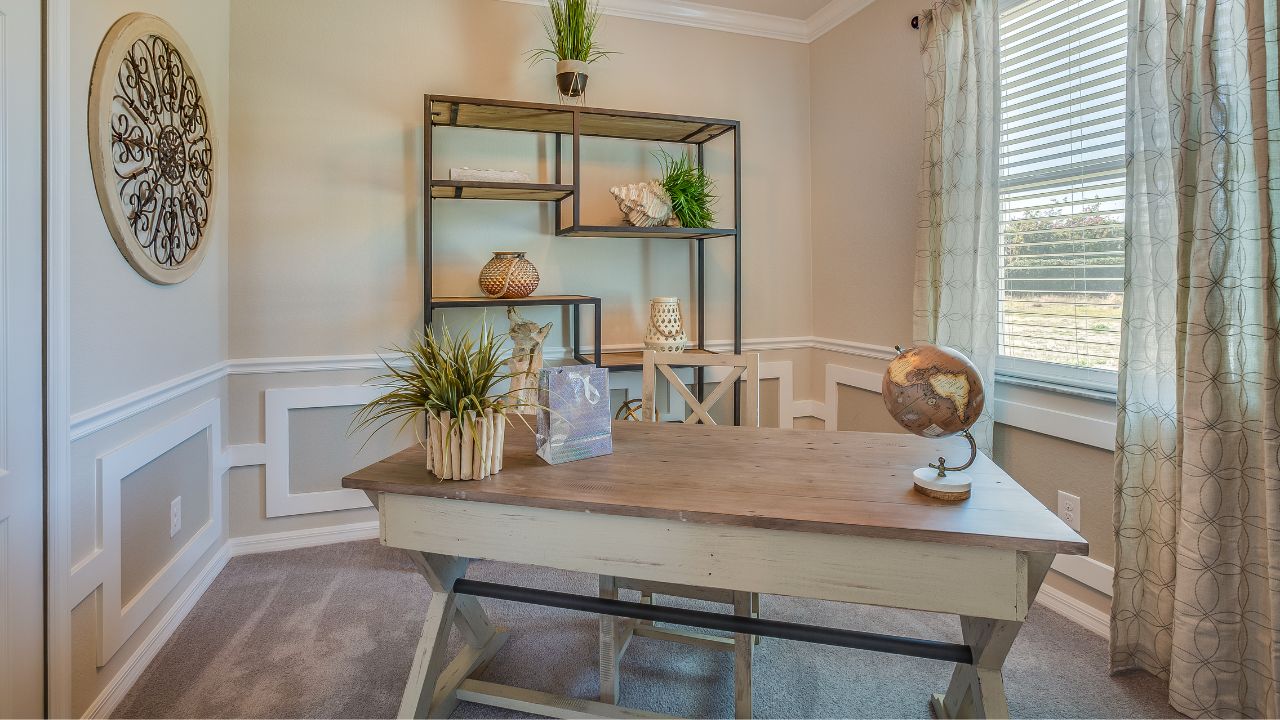Here are some tips to help you sell smoothly and for more money.
When it comes to your most significant investment, your home, there are two essential questions to consider in the current real estate market: How much is your home currently worth, and how much could it be worth? Let’s dive into these questions and explore some strategies to maximize your home’s value.
Understanding your home’s current value is crucial. It serves as a starting point for making informed decisions about potential upgrades or selling strategies. To identify your home’s current value, consider consulting a local real estate expert or using online valuation tools. Once you have a clear picture of your home’s current worth, you can move on to the exciting part: exploring ways to increase its value.
One powerful method to enhance your home’s value is through staging. Staging involves preparing your home to make it more appealing to potential buyers. It’s not just about adding furniture and a fresh coat of paint; it’s a strategic process that can yield significant returns.
Studies show that a well-staged home can increase its value by up to 5%, and in some cases, even 10%, 15%, or 20%. However, effective staging goes beyond aesthetics; it involves creating a blank canvas for buyers to envision their future in your home.
“Understanding your home’s current value is crucial.”
Here’s an important tip: vacant staging often produces the best results. This means removing all personal items and living elsewhere during the selling process. Why? Because the top staging professionals, the ones who can truly elevate your home’s appeal, prefer vacant spaces. They can work their magic more effectively without the constraints of occupied living spaces.
If you’re concerned about where to stay during the sale, consider options like Airbnb, staying with friends or family, or even temporarily renting another property. The investment in vacant staging can pay off handsomely in a higher sale price.
If your property has tenants, it’s essential to factor them into the equation. Having a tenant in your property can potentially decrease its value by 5%. On the other hand, if you opt for vacant staging, the value can increase significantly, possibly by 5%, 10%, or even 20%. Weigh the pros and cons carefully when deciding how to handle a tenant during the sale.
In today’s competitive real estate market, it’s essential to make your home stand out. Properly staging your home, considering tenant situations, and understanding how these factors impact your home’s value are all critical steps in the selling process.
Remember, every home is unique, and the strategies that work best for one may not be suitable for another. If you have questions or need personalized advice on maximizing your home’s value, don’t hesitate to reach out to us by phone or email. We’re here to help you achieve the best possible outcome in today’s dynamic real estate market.


